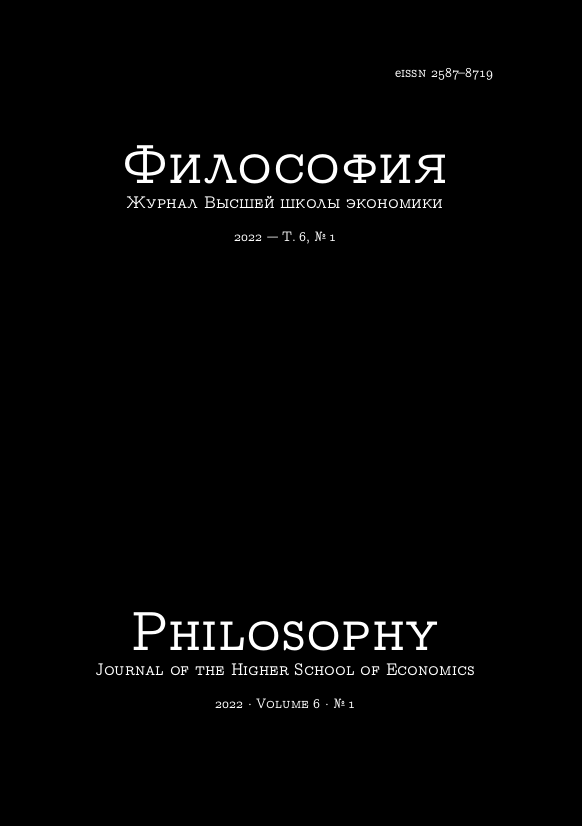Russian Police Canon (1856–1886)
An Attempt to Normalize the Abnormal
Abstract
The Russian police canon of the era of the Great Reforms is reconstructed in the article through its manifestations in police legislation, the theory of police law, police history and a “criminal” novel. In 1859–1862 the Provincial and County Institutions Commission under the Ministry of Internal Affairs pointed out the obsolescence of the prevailing police model and prepared a package of draft laws and departmental regulations. For financial reasons and irreparable contradiction with the beginning of other reforms, the result of the Commission's activities was not so much a transformation as a “radical improvement” of the existing police institutions and organizations. In the theory of police law, under the influence of German lawyers, the question of changing policing through public participation and the exclusion of everything “unusual” for the police (legal proceedings, welfare) was raised, but not resolved. The collection and publication of historical and statistical information initiated by the Ministry of Internal Affairs, as well as the publication of historical reviews, served the tasks of police reform and the formation of departmental identity.The curiosity of the Russian man in the street regarding police activity was partially satisfied with “criminal” (or “sensational”) novels, in which the emphasis was placed on solving not so much the crime as the psychology of the criminal, and the policemen acted as background heroes. As a result of attempts to comprehend, transform and normalize (institutionalize) the Russian police, the idea of the impossibility of defining the essence of police activity, its scientific and artistic interpretation and legal regulation was established. The police model began to be perceived as canonical, including organizational forms that were interpreted by contemporaries as outdated, and aimed at resolving tasks that were not within the competence of “normal” (sufficiently institutionalized) organizations.
Downloads
Copyright (c) 2022 Philosophy. Journal of the Higher School of Economics

This work is licensed under a Creative Commons Attribution-NonCommercial 4.0 International License.






